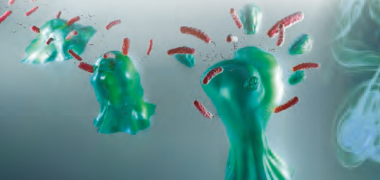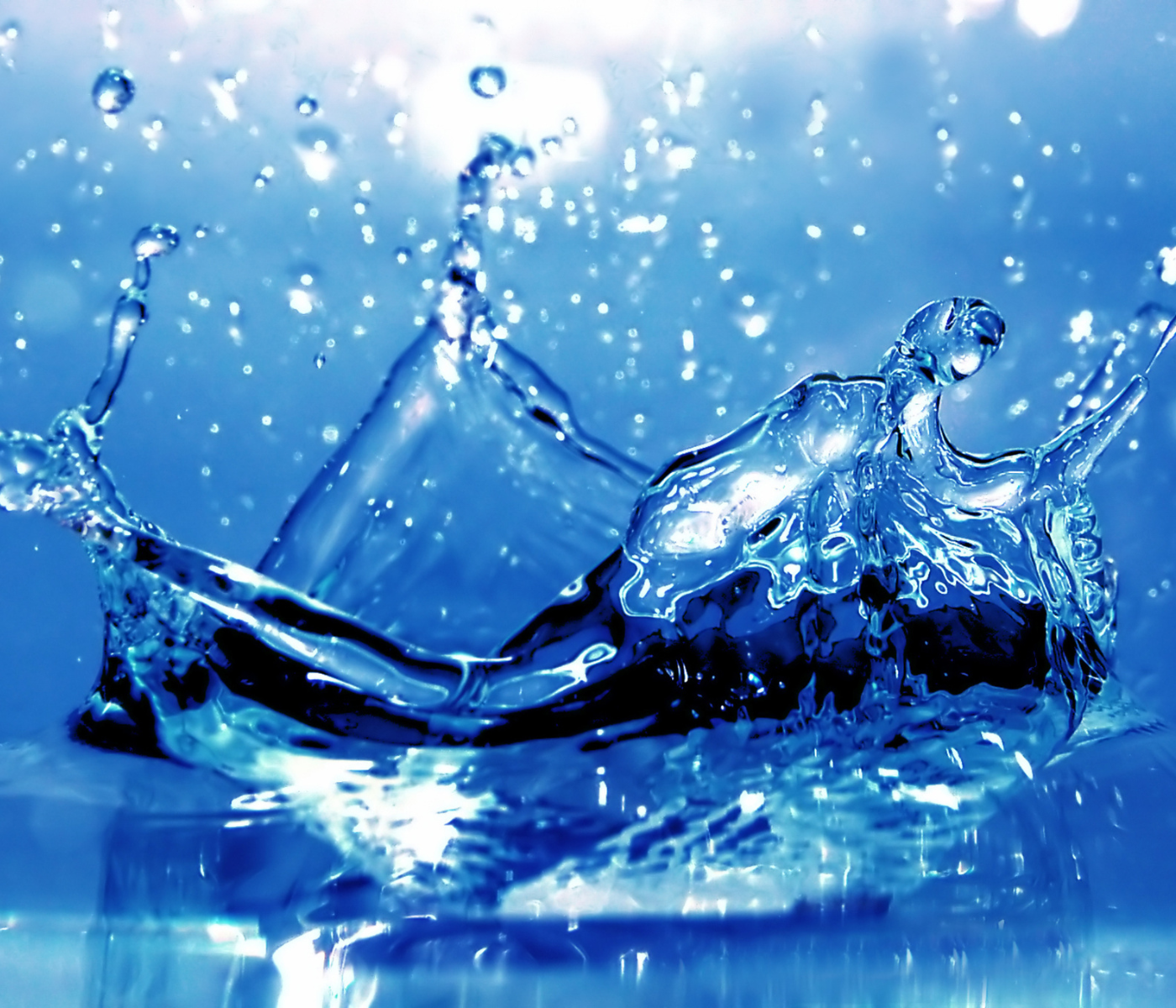Content available at: العربية (Arabic)
Poultry flocks can only be productive if all conditions are optimal. That includes the availability of fresh water. Cleaning the drinking lines frequently is a necessary tool to keep the lines clean.
Providing a clean, safe, and sanitized water supply is crucial in assuring flocks perform their best.
However, before implementing a daily water sanitation program, it is important to thoroughly clean as much of the water distribution system as possible.
Line cleaning is necessary before providing birds with sanitized drinking water because even low sanitizer levels placed in dirty water lines can result in the biofilm sloughing off, which clogs drinkers so that water is restricted to the birds.
Another impact of adding sanitizers to water intended for bird consumption is that the sanitizer can actually react with the biofilm and result in off tastes that back birds off water.
Effectively cleaning the water system (including the drinker lines) helps remove biofilm and scale build-up that can act as a food source and hiding place for harmful pathogens such as E. coli, Pseudomonas or even Salmonella.
Many disease causing organisms like Salmonella can live for weeks in water line biofilm resulting in a continuous source of contamination.
In addition, proper cleaning can help prevent mineral deposits and precipitated biological and inert material that helps reduce water flow, sometimes by as much as 70-80%.
Many popular products, such as acidifiers and other products, can create favorable conditions for the growth of yeasts and fungi.
Yet the use of cleaning products presents some dangers since many of the popular water additive products, such as acids and performance enhancers, can create conditions favorable for the growth of yeasts and molds if they are present.
Yeasts and molds can actually thrive in low pH water resulting in a gooey slime that will clog drinkers and generally create disaster in water systems. The bottom line is water systems must be properly cleaned between flocks.

Where to Start
To assure lines are effectively cleaned, the first step is to answer the following series of questions.
What is the water source?
Untreated well water (i.e. water that is not treated with any type of daily sanitizer product) is the most vulnerable to the formation of slime or biofilm in the drinker lines.
- While most municipal or rural water supplies contain a minimum of 0.2 ppm free chlorine which greatly reduces bacteria growth, poultry drinking water is
TO CONTINUE READING REGISTER IT IS COMPLETELY FREE Access to articles in PDF PDF
Keep up to date with our newsletters
Receive the magazine for free in digital version REGISTRATION ACCESS
YOUR ACCOUNT LOGIN Lost your password?










